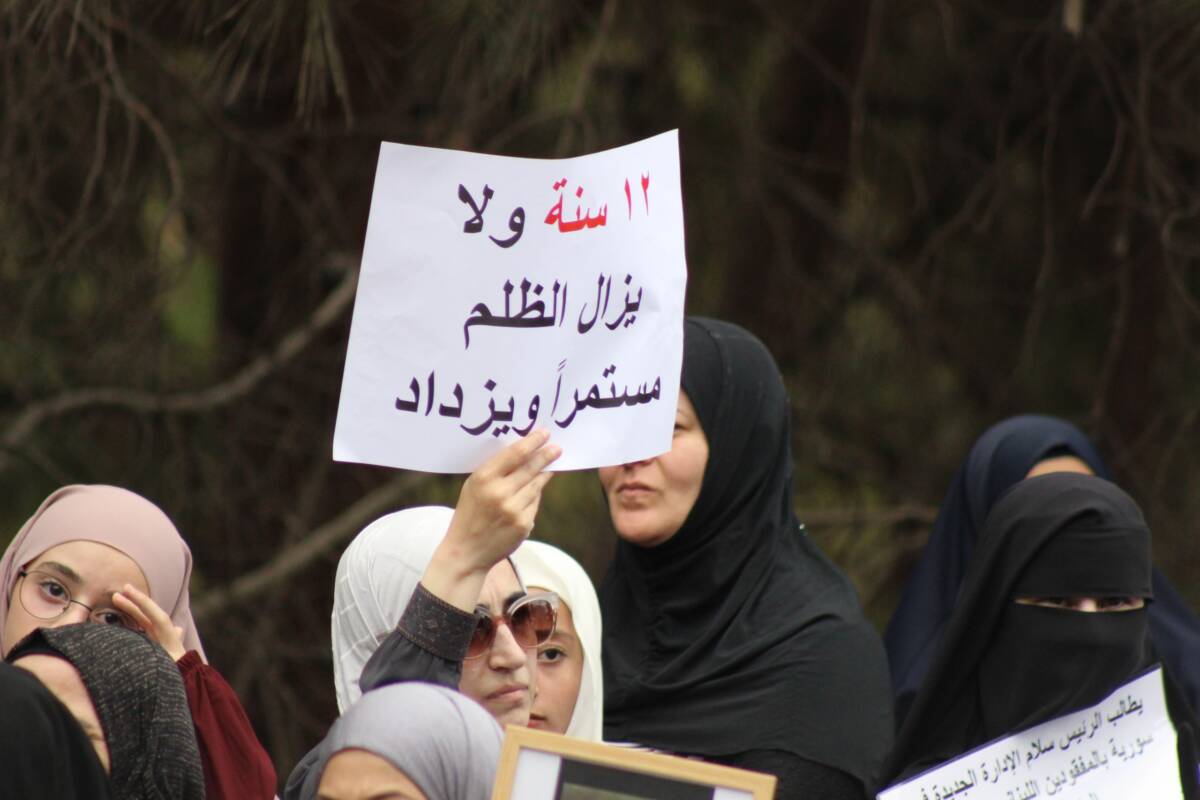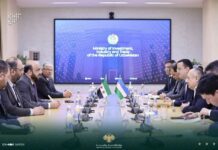
Lebanon and Syria agreed to form joint committees addressing the fate of nearly 2,000 Syrian detainees held in Lebanese prisons and investigating Lebanese citizens missing in Syria. Judicial and security sources revealed the committees will also tackle issues such as border demarcation and rampant smuggling across the frontier.
The development follows a visit to Beirut by a Syrian delegation that included former ministers and the head of the Syrian National Committee for Missing Persons. Officials said the initiative reflects a desire by Syria’s new administration to “open a new page with Lebanon” and prepare for an upcoming visit by Syrian foreign and justice ministers.
Activists and Families Push for Action
Families of detainees and human rights advocates have long criticized the conditions faced by Syrians imprisoned in Lebanon. Approximately 800 Syrians are held for alleged security-related charges, including shootings and attacks, with many confined without trial.
Syrian Foreign Minister Asaad al-Shaibani has spoken with Lebanese Prime Minister Nawaf Salam since May, calling for urgent steps to end the plight of Syrians detained in Roumieh prison. “The government is fully keen to resolve this issue as soon as possible,” he said, stressing that some challenges remain from the years of war under the Assad regime.
Confidence Amid Political Friction
From inside Roumieh prison, a spokesman for the Syrian detainees Syria’s Al-Akhbariya they remain confident in Damascus’ negotiations. He dismissed reports of delays in scheduled meetings, calling them “press information that may lack accuracy.” The spokesman emphasized that detainees trust Syrian President Ahmad al-Sharaa’s efforts, in coordination with Lebanon, to find a fair solution.
He also criticized attempts by some Lebanese groups to “psychologically manipulate the families of detainees through conflicting news and press leaks.” Despite such campaigns, he said, the detainees are determined to see the process through.
A Fragile Opportunity for Reconciliation
For many Lebanese, the memory of Syria’s nearly three-decade military presence still lingers, complicating efforts at reconciliation. At the same time, Syria has expressed unease over Hezbollah’s role in its nearly 14 year conflict, underscoring the complex dynamics at play.
Yet detainees and their families see the current dialogue as a rare opportunity. In a recent statement, prisoners in Roumieh rejected threats of violence linked to their cause, warning that such rhetoric undermines their pursuit of justice. President Sharaa echoed that message, calling for a “new page with Lebanon based on overcoming the legacy of the past.”
Whether the committees deliver on their mandate could prove decisive in shaping not only the fate of those behind bars, but also the future of Syrian-Lebanese relations.








